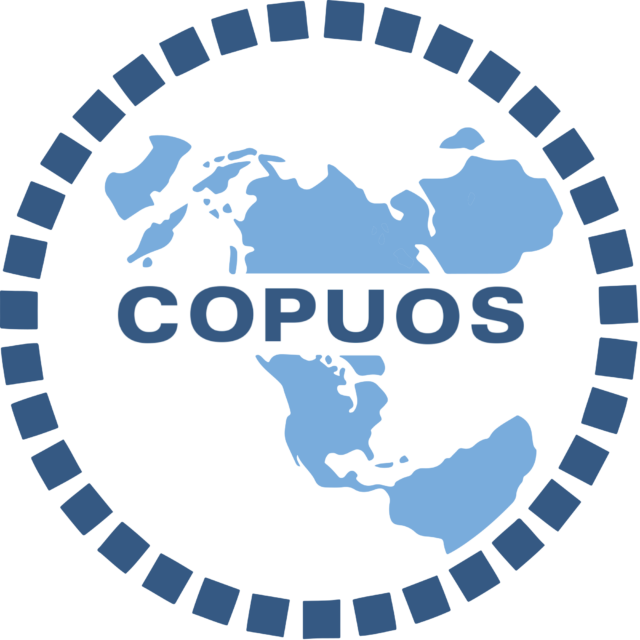Committee Overview
The United Nations Committee on the Peaceful Uses of Outer Space (COPUOS) was established in 1959 to govern the exploration and use of space. The organization is composed of 104 member states and focuses on promoting international cooperation in the development of outer space. COPUOS is the legislative body of the United Nations Office of Outer Space Affairs. It reports to the 4th Committee of the UN General Assembly (SPECPOL). COPUOS is composed of two subcommittees, the Scientific and Technical Subcommittee (STSC) and the Legal Subcommittee (LSC). Both the STSC and LSC meet annually in Vienna, Austria. The STSC discusses questions related to the scientific and technical aspects of space activities. These activities can include the use of space technology for socioeconomic development, disaster management support, or sustainability. The LSC discusses the legal aspects of space activity. Legal topics include the status and application of the five United Nations treaties on outer space, the definition of outer space, and international mechanisms for cooperation in peaceful exploration. COPUOS has been the forum of discussion and creation of the five UN treaties on outer space, and remains the UN’s apparatus for promoting and regulating international cooperation in the exploration and development of outer space.
Topic A: Developing Equal Access to Space Technology
Space technology is more important now than ever. It helps with communication, weather prediction, disaster response, learning, and science. However, not all countries have the same access to space technology. Many countries cannot afford to build satellites, send missions, or train qualified personnel, so they may miss out on the benefits. This unequal access exacerbates the development gap between states. It also prevents space technology from helping to achieve global goals, like the United Nations’ 2030 Sustainable Development Agenda. Ensuring that more states have access to space technology is not just about building rockets or going to space. It also means making space-related jobs more diverse, sharing data and tools, and improving education in space science. Delegates should look at ways to make space technology less expensive and easier to use. Solutions might include investing more money in research and training programs, and helping underrepresented countries join global space efforts. Through international cooperation, space technology can help improve life for people all over the world.
Topic B: Space Technology for Sustainable Environmental Practices
Space technology may seem far removed from our everyday lives, but it helps with many problems here on Earth. Satellites can track earthly trends like deforestation, pollution, and changes in the weather. This helps countries respond faster to environmental disasters. Farmers can use satellite data to grow crops, save water, and manage with changing weather conditions. This makes farming more efficient and better for the planet. These examples show how space technology can help fight climate change and protect the environment. Wealthy countries with larger budgets can build and use such satellites, but other countries may not be able to afford such technology. This creates questions about fairness and access to such important information. Delegates in COPUOS will discuss whether space data should be free for everyone to use and how space technology can help all people, not just the countries who can afford it. Space technology can be used in the interest of all humankind to strive for a more equitable and sustainable world.

